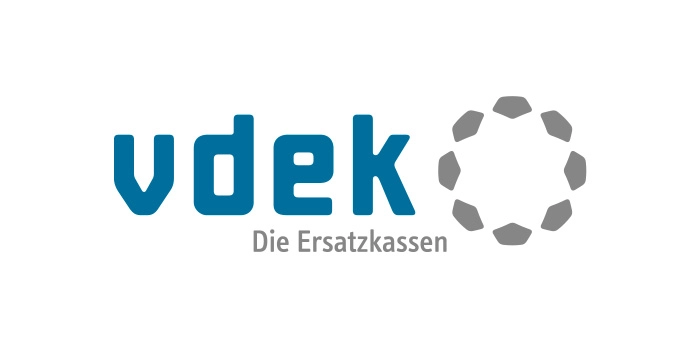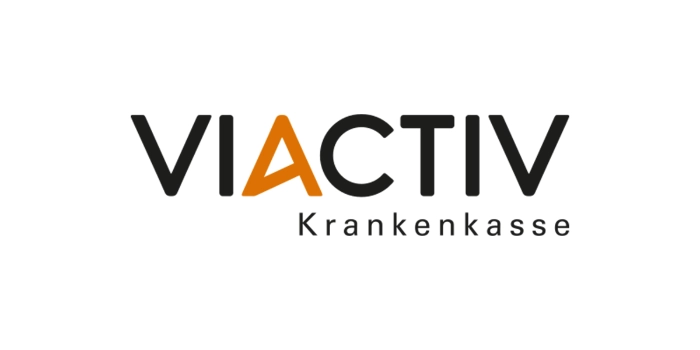msg press
Cyber defense specialist SECUINFRA GmbH and IT and consulting company msg announce their partnership in cybersecurity.
News
We’re strengthening our executive leadership team with Jens-Thorsten “Jetho” Rauer as Board Member for International Growth.
msg news
The msg Group is strengthening the strategic management of its insurance activities and setting the course for further sustainable growth.
msg press
The msg group has announced today the official launch of its collaboration with Amazon Web Services (AWS) regarding the European Sovereign Cloud. By doing this, msg is clearly signaling its commitment to digital sovereignty in Europe while further solidifying its position as a top provider of cloud solutions in the European market.






















